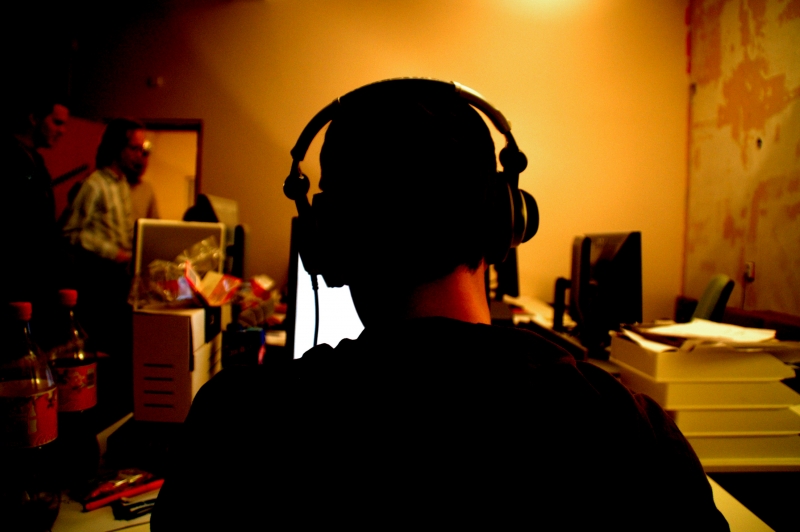Do you devote a significant portion of your life to video games? If so, then you might be at risk of developing a mental health condition that's been recognized by the World Health Organization (WHO). In its Beta draft of International Classification of Diseases for 2018, entry 6D11, or 'gaming disorder,' is attracting plenty of attention.
The classification comes under 'Disorders due to addictive behaviors,' and is characterized by "a pattern of persistent or recurrent gaming behavior." Sufferers are said to be unable to control the onset, frequency, intensity, duration, termination, and context are their gaming habit and give increasing priority to playing games over other life interests and daily activities.
It's important to note that this isn't a final draft and it still needs to be approved by WHO, but if gaming addiction does become a recognized disorder, it could have far-reaching implications. University of Oxford psychologist Andrew Przybylski told Kotaku it was a "very bad idea" that could risk "stigmatizing millions of players and may divert limited mental health resources from core psychiatric problems such as depression or anxiety." It may also lead to a number of incorrect diagnoses in cases where the excessive gaming is a coping mechanism for another problem.
While gaming addiction is not included in the American Psychiatric Association's Diagnostic and Statistical Manual of Mental Disorders, internet gaming disorder does appear as a problem to continue monitoring for possible future inclusion.
Classifying excessive gaming as a disorder could also see governments in certain countries use it as an excuse to impose tighter restrictions on the hobby. China has already implemented time and age limits on online games, uses controversial internet addiction treatment camps, and it only lifted a 14-year-old ban on the selling and manufacturing of video game consoles just two years ago.
